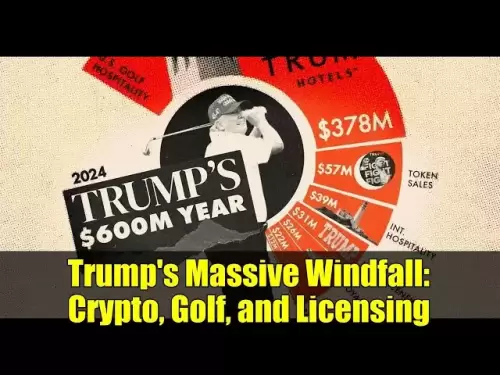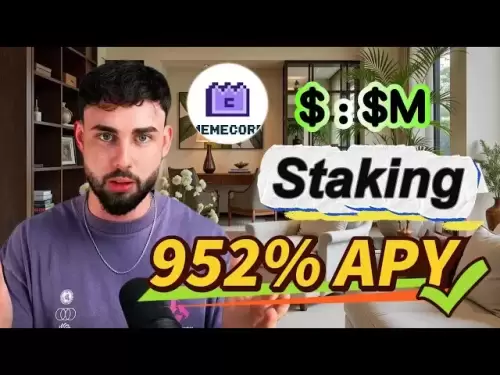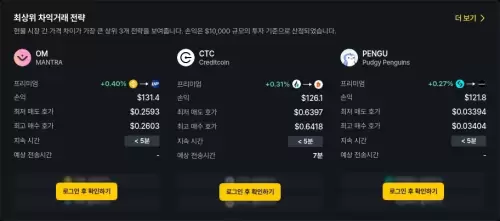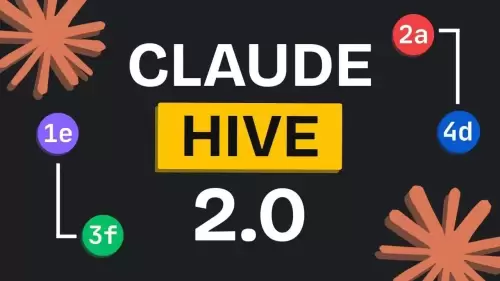 |
|
 |
|
 |
|
 |
|
 |
|
 |
|
 |
|
 |
|
 |
|
 |
|
 |
|
 |
|
 |
|
 |
|
 |
|
哥伦比亚的财富差距是由于超级富裕的逃税所带来的。他们利用漏洞并隐藏资产,而贫困的薪水比例征收更多的税款。

Colombia's Super-Rich and Tax Evasion: A New Yorker's Take
哥伦比亚的超级富裕和逃税:纽约人的看法
In Colombia, extreme wealth and social inequality go hand in hand. The country’s richest have evaded taxes for decades, widening the gap and affecting millions in poverty. Time to spill the cafecito on this mess.
在哥伦比亚,极端财富和社会不平等齐头并进。该国最富有的数十年来已经逃税了,扩大了差距并影响了数百万的贫困。是时候将Cafecito洒在这个混乱中了。
The Paradox: Wealthy Paying Less
悖论:富人支付的费用较少
Oxfam's January 2025 report drops a truth bomb: Colombian billionaires pay proportionally less in taxes than the poorest. The richest 1% paid an average of 17 cents in taxes per dollar of income up until 2021, while the poorest 50% paid 21.1 cents. Can you believe that? It’s like ordering a fancy avocado toast and finding out you’re paying more for the plate than the billionaire next door pays for their yacht fuel.
乐施会2025年1月的报告放弃了真相炸弹:哥伦比亚亿万富翁的税款比最贫穷的税款少。最富有的1%的人平均每美元的收入税平均支付17美分,直到2021年,而最贫穷的50%的收入为21.1美分。你能相信吗?这就像订购一种花哨的鳄梨吐司,发现您要为盘子支付的费用要比隔壁的亿万富翁支付更多的游艇燃料。
How Do They Do It? Loopholes and Havens
他们怎么做?漏洞和避风港
These financial Houdinis use sophisticated strategies to dodge taxes. They exploit loopholes, hide assets, and benefit from laws granting them exemptions. Luis Carlos Reyes, former director of Colombia’s DIAN, notes that tax evasion represents nearly 8% of the country’s annual GDP. That's like flushing billions down the drain every year!
这些金融的houdinis使用复杂的策略来躲避税收。他们利用漏洞,隐藏资产并从授予他们豁免的法律中受益。哥伦比亚Dian前董事路易斯·卡洛斯·雷耶斯(Luis Carlos Reyes)指出,逃税占该国年度GDP的近8%。这就像每年流失数十亿美元!
Tax Amnesties: Confessions of the Ultra-Rich
税收符号:超富裕的自白
DIAN reports reveal that those admitting to tax evasion are often the wealthiest. They use tax amnesties to regularize hidden assets. Shockingly, 97% of participants in the 2019 amnesty belonged to the richest 5% of Colombians. It’s like they’re saying, “Oops, forgot about those millions stashed in Panama!”
戴安(Dian)的报告显示,那些承认逃税的人通常是最富有的。他们使用税收气条来规范隐藏的资产。令人震惊的是,2019年大赦的参与者中有97%属于最富有的哥伦比亚人。就像他们说的那样,“糟糕,忘记了在巴拿马藏匿的数百万!”
The Panama Connection
巴拿马连接
Speaking of Panama, it's been a favorite tax haven for the Colombian elite. Juliana Londoño from UCLA points out that the use of complex structures, like trusts or companies abroad, is common among the wealthiest. Tax secrecy allowed them to easily avoid taxes. But now, with automatic exchange agreements, DIAN is catching on, revealing billions in undeclared assets.
说到巴拿马,这是哥伦比亚精英的最爱避税天堂。来自UCLA的JulianaLondoño指出,在国外的信托或公司等复杂结构的使用在最富有的地方很普遍。税收保密使他们可以轻松避免税收。但是现在,随着自动兑换协议,戴安(Dian)正在赶上,揭示了数十亿美元的未申报资产。
Family Businesses: A Tax Shelter?
家族企业:税收避难所?
Another trick? Forming family businesses to deduct personal expenses as business costs. It’s a classic move – turning that family vacation into a “business retreat.” Reyes explains that some have family businesses in low-tax countries providing fictitious services to Colombian companies, reducing profits and tax payments.
另一个技巧?组建家族企业以将个人支出扣除为业务成本。这是一个经典的举动 - 将家庭度假变成“商业务虚会”。雷耶斯(Reyes)解释说,有些人在低税收国家中有家族企业为哥伦比亚公司提供虚拟服务,减少利润和纳税。
A Progressive Tax System: The Dream
渐进税制:梦想
Gabriel Zucman, a French economist, suggests a minimum tax on the wealthiest individuals, based on wealth rather than income. Colombia already has a wealth tax, but challenges remain in combating evasion. Londoño argues that the state’s most important tool for redistribution is failing to meet its objectives.
法国经济学家加布里埃尔·祖克曼(Gabriel Zucman)根据财富而不是收入向最富有的人提出最低税。哥伦比亚已经有财富税,但是在打击逃避方面仍然存在挑战。 Londoño认为,该州最重要的重新分配工具未能实现其目标。
So, What's the Deal?
那么,有什么交易?
Colombia's super-rich are masters of tax evasion, widening the wealth gap. They exploit loopholes, hide assets in tax havens, and use complex financial structures. It's a game of cat and mouse, with the tax authorities playing catch-up. But hey, at least they're trying, right? Maybe one day, Colombia can level the playing field and ensure everyone pays their fair share. Until then, keep your eyes peeled and your wallets close, folks!
哥伦比亚的超级富裕是逃税大师,扩大了财富差距。他们利用漏洞,隐藏税收天堂中的资产,并使用复杂的金融结构。这是一款猫和老鼠的游戏,税务机构在追赶。但是,嘿,至少他们正在尝试,对吗?也许有一天,哥伦比亚可以平整竞争环境,并确保每个人都付出应有的份额。在此之前,请睁大眼睛,钱包闭上,伙计们!
免责声明:info@kdj.com
所提供的信息并非交易建议。根据本文提供的信息进行的任何投资,kdj.com不承担任何责任。加密货币具有高波动性,强烈建议您深入研究后,谨慎投资!
如您认为本网站上使用的内容侵犯了您的版权,请立即联系我们(info@kdj.com),我们将及时删除。
-

-

- 套利冒险:信用额,卡巴和追逐加密货币利润
- 2025-08-03 20:01:53
- 参与信用量(CTC)和Kaspa(KAS)套利的世界套利世界,探索实时市场效率低下的机会和风险。
-

- Claude Hive&Code Agents:更快的编码革命?
- 2025-08-03 20:01:35
- 发现Claude Hive和AI驱动的代码代理如何使用更快,更有效的工作流重新定义软件开发。
-

- 特朗普媒体,比特币和加密货币:制作中令人惊讶的联盟?
- 2025-08-03 19:59:22
- 潜入特朗普媒体,比特币和加密世界的交集。特朗普媒体大胆地转向比特币改变游戏规则,还是另一个标题?
-

- 在市场不确定性的情况下,Shiba Inu的看涨逆转希望:深度潜水
- 2025-08-03 19:54:11
- 什巴INU能否抗拒市场不确定性和看涨的逆转?分析技术信号,链上数据和更广泛的SHIB市场趋势。
-

- XRP,Ripple和法律审查:导航加密雷区
- 2025-08-03 19:51:54
- 解码XRP的所有权,市场移动和法律斗争。 Ripple的骑行会变得颠簸吗,还是只是纽约一分钟的加密混乱?
-

-

- Solana的下一章:SOL预测和SOLF代币嗡嗡声
- 2025-08-03 18:01:14
- 探索Solana(Sol)达到新高度的潜力,这是由于Solf代币周围的嗡嗡声及其对SPL社区的潜在影响。
-































































